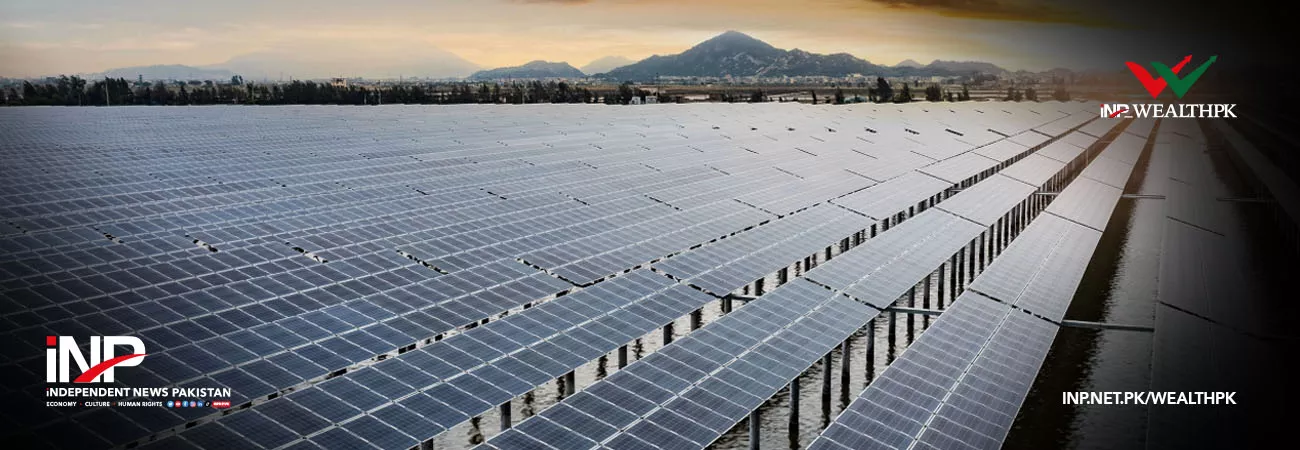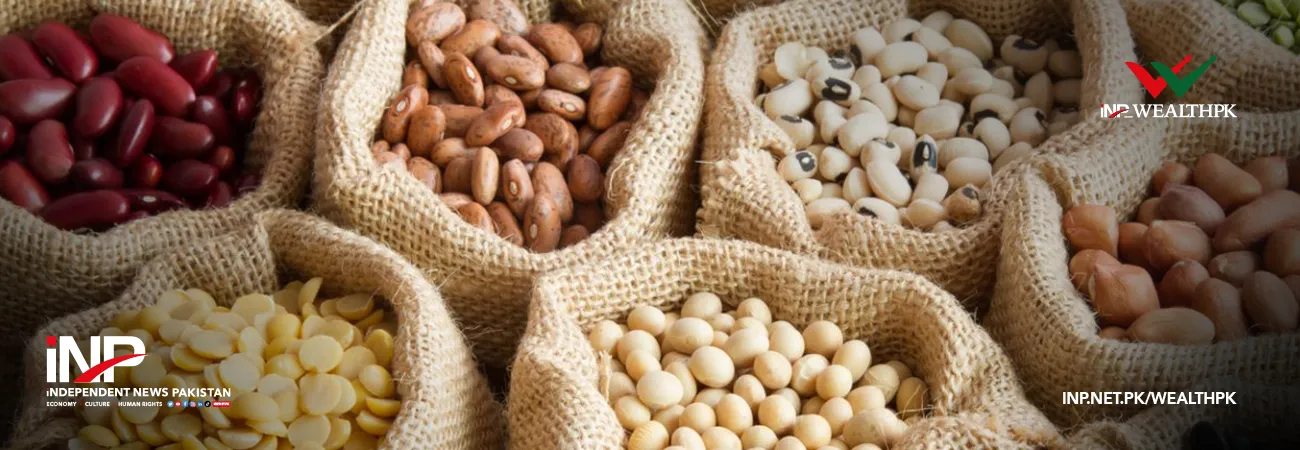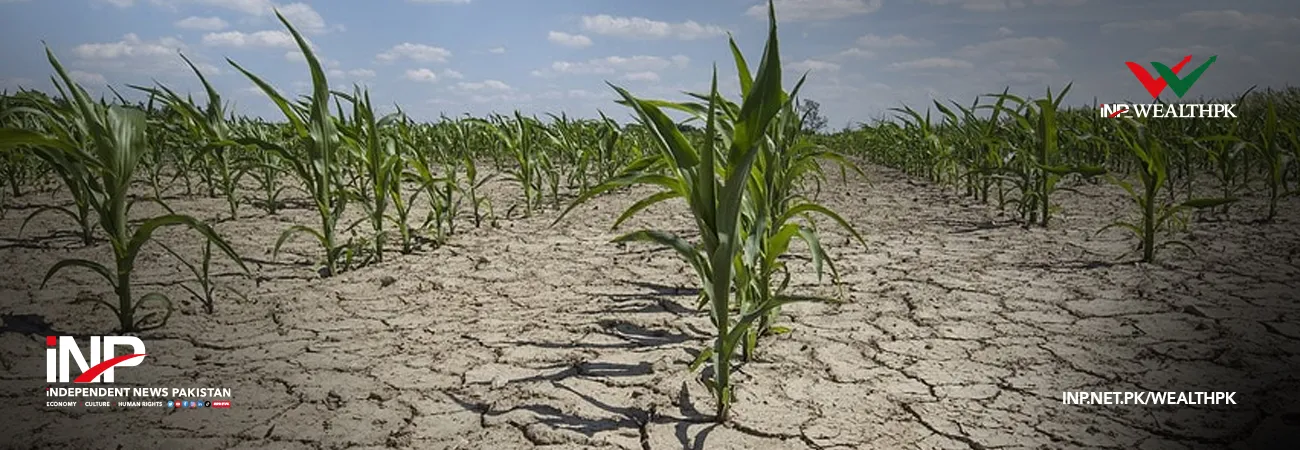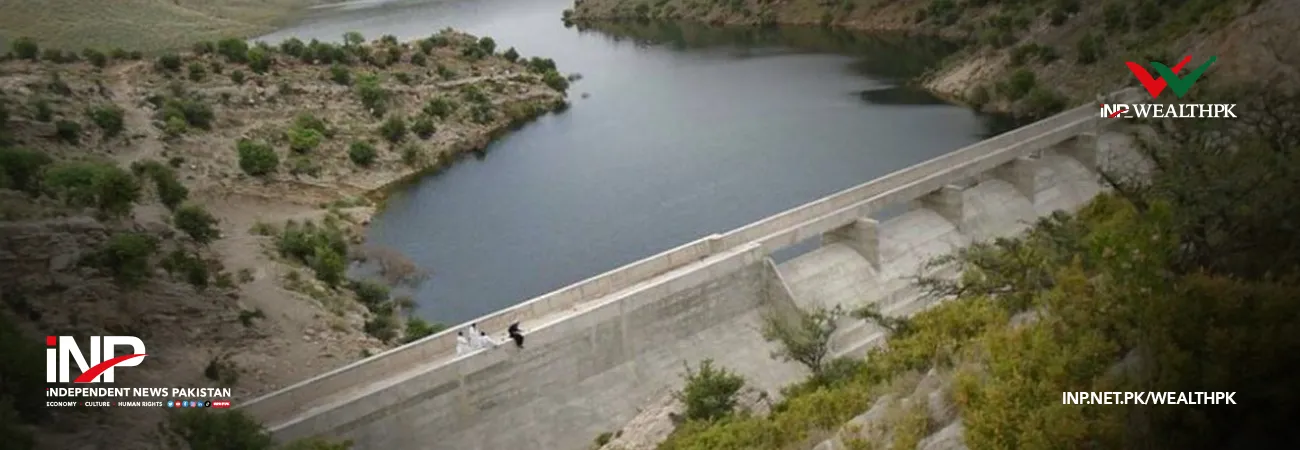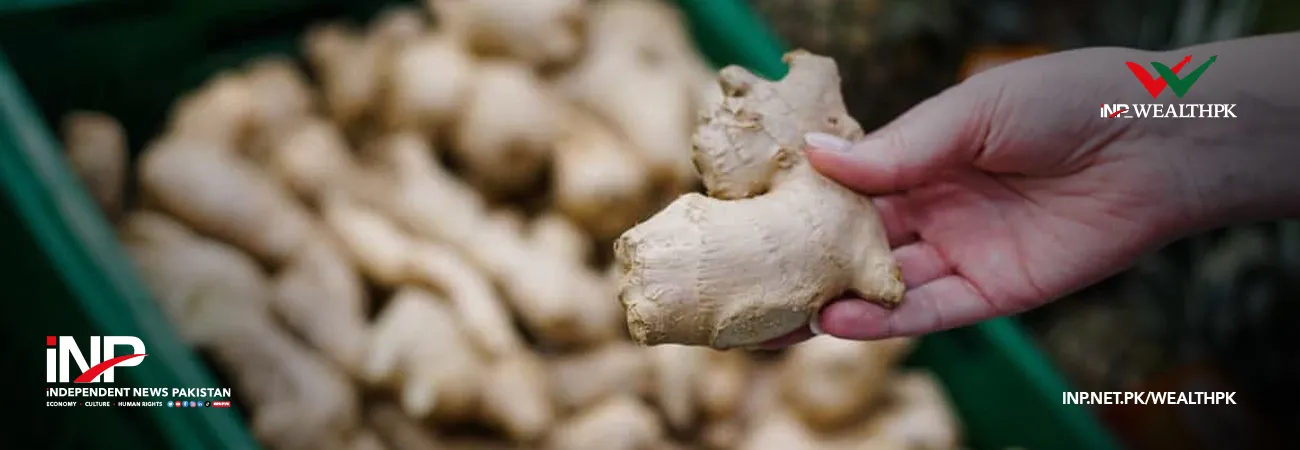آئی این پی ویلتھ پی کے
Pakistan-China Joint Chamber of Commerce and Industry (PCJCCI) has asked the federal government to launch low-cost energy generating projects in cooperation with China to lower the cost of doing business in the country. This was said by PCJCCI President Moazzam Ghurki during a think tank meeting held at the PCJCCI Secretariat. The session was attended by Senior Vice President Fang Yulong of the PCJCCI, Vice President Hamza Khalid, Secretary General Salahuddin Hanif, and a number of executive committee members.
According to Moazzam Ghurki, garbage is burned to provide inexpensive energy in China and the Pakistani energy issue and environmental degradation may be resolved with this model.He further stated that several Chinese businesses are eager to engage in the incineration of municipal solid waste in order to produce electricity.
Ghurki said urban solid waste and agricultural waste may be combined to produce roughly 3,000 MW of power in Pakistan. Approximately 15 million tonnes of agricultural residue are produced in Pakistan each year. According to him, this may be used as the fuel for 120 MW of energy.
He said Pakistan should seek Chinese funding and cooperation in order to introduce cutting-edge waste-to-energy conversion technology in the country. Fang Yulong asked the government to engage with Chinese professional businesses to implement Pakistan's waste-to-energy incineration strategy.
According to Hamza Khalid, the energy crisis is one of Pakistan's fundamental issues, and we need to take action to alleviate its suffering. Biogas can be used with renewable energy resources to make up the difference, he said and claimed that Pakistan's lack of gasoline and electricity is a sign that it should stop depending on traditional fuel sources and look for more sustainable ones, including renewable energy sources.
He continued by saying that Pakistan has enormous potential for renewable energy sources like wind, solar, and biomass, which would also prevent the country from using all its foreign reserves on expensive energy. Waste-to-energy incineration, according to Salahuddin Hanif, is crucial to China's waste management and energy production. Municipal non-hazardous solid waste, which exclusively occurs in metropolitan areas and amounts to around 60,000 tonnes per day, is another significant waste that may be transformed into energy. It is also growing at a pace of 2.5% per year.
Credit : Independent News Pakistan-WealthPk


